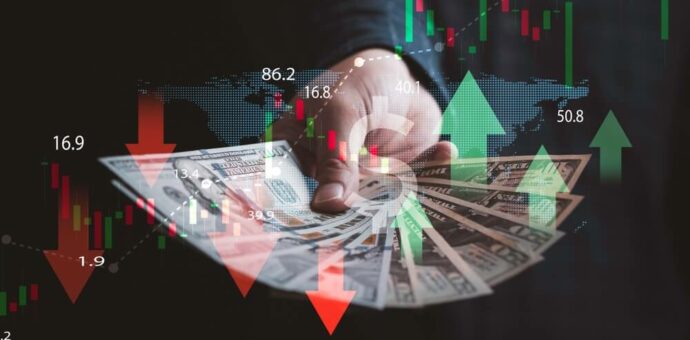A closer link between bitcoin and central banks could increase the crypto asset adoption worldwide. With dollar shortages in countries like Ghana, the use of digital currency as a form of payment tends to be driven by the economy through international trade.
Recently, Ghana replaced the dollar with gold in oil import negotiations. With no reserves of the US fiat currency, the precious metal became an alternative to the dollar in the transaction.
This dollar shortage in emerging countries may boost central banks to increase the use of bitcoin. The Federal Reserve controls the dollar distribution to central banks in the United States, maintaining a swap line for only a few selected countries.
Of these, only two emerging economies have access to this line of credit: Brazil and Mexico. That is, other countries with weakened economies face difficulties in accessing the dollar.
This distribution can affect economies such as Egypt, which is facing difficulties in negotiating the receipt of wheat in the country. Without dollars to pay for the shipment of the grain, the country is experiencing a shortage of wheat that reflects directly on the Egyptian economy.
The same happens in Sri Lanka. Without dollars in its financial reserves, the country cannot import fuel, resulting in closed schools. In Kenya, meanwhile, dollar shortages have led to a food supply crisis in the country in early 2022.
Central banks and bitcoin
Although the adoption of bitcoin at the institutional level is happening gradually, more and more of these institutions are considering the crypto asset. In May 2022, El Salvador hosted a conference on the crypto market attended by 44 central banks.
So far, El Salvador is the only country that has direct investment in bitcoin. But, adopting bitcoin can serve as an example for other nations. In addition to its use as a financial reserve and a means of payment, the digital currency can survive economic sanctions, which can hit dollar reserves, for example.
Another fact that points to central banks considering the use of bitcoin is the increase in gold reserves in recent months. The precious metal is used as an alternative to the dollar in foreign trade, and in the third quarter of 2022 alone, central banks increased their dollar reserves by 18 percent in a record purchase of 400 tons.
In Brazil, the president of the Central Bank, Roberto Campos Neto, pointed out that crypto assets are part of a new reconfiguration of the economy, considered a new digital financial system.







